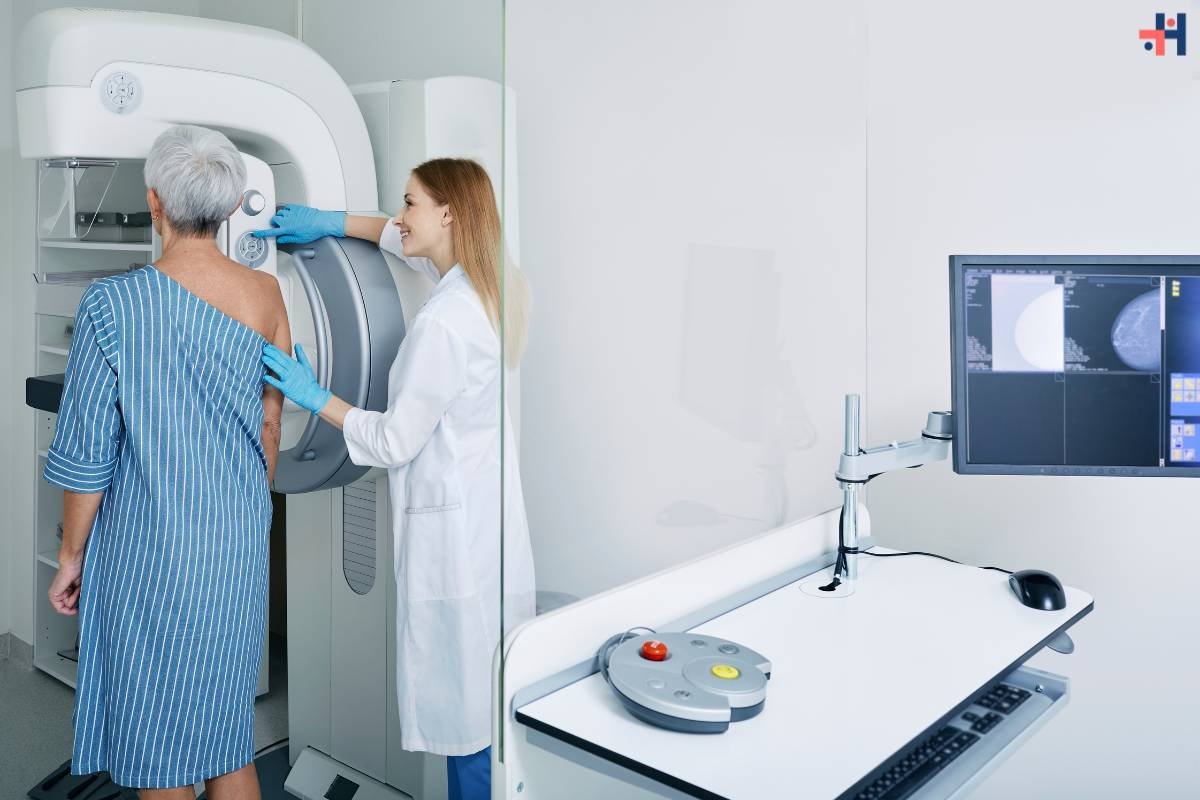Routine healthcare plays a pivotal role in maintaining overall well-being, and well-woman visits are an essential aspect of preventive care for women. These appointments go beyond addressing immediate health concerns and focus on promoting long-term health and wellness. In this article, we will explore seven key aspects of well-woman visits, shedding light on their significance and what to expect during these appointments.
Here are some vital insights on well-woman visits you can’t afford to miss:
1. Frequency of Well-Woman Visits
Regular well-woman visits play a pivotal role in the early detection and prevention of various health issues. While the general recommendation is an annual visit, it’s essential to acknowledge that individual needs may differ based on factors such as age, existing health conditions, and personal risk factors. Younger women might initially require fewer visits, while those approaching menopause or dealing with specific health concerns may benefit from more frequent check-ups.
Tailoring the frequency of well-woman visits to individual circumstances ensures a personalized approach to healthcare, maximizing the effectiveness of preventive measures and enabling timely interventions when necessary. This flexibility underscores the importance of regular assessments in maintaining women’s overall well-being.
2. Comprehensive Health Assessment
Well-woman visits are not limited to specific health concerns; instead, they encompass a comprehensive health assessment. During these appointments, healthcare professionals evaluate various aspects of a woman’s health, including reproductive health, cardiovascular health, mental health, and overall wellness. This holistic approach allows for a thorough understanding of an individual’s health status and helps in formulating personalized healthcare plans.

In addition to addressing immediate health concerns, well-woman visits serve as a platform for a holistic exploration of a woman’s overall well-being. Healthcare professionals delve into the nuances of reproductive health, assessing factors such as menstrual health, fertility, and family planning. Simultaneously, cardiovascular health is scrutinized through measurements like blood pressure and cholesterol levels, contributing to a more comprehensive understanding of cardiovascular risk factors.
Furthermore, the assessment extends to mental health, encompassing discussions on stressors, mood, and emotional well-being. By scrutinizing these diverse facets of health, healthcare providers can collaboratively formulate personalized healthcare plans that address the unique needs and priorities of each woman, fostering a proactive and holistic approach to healthcare.
3. Reproductive Health Discussions
One of the central focuses of well-woman visits is reproductive health. Healthcare providers use these appointments to discuss topics such as contraception, family planning, and menstrual health. These discussions are tailored to the woman’s age, lifestyle, and specific needs, ensuring that she receives relevant information and guidance. Regular well-woman visits can also be an opportunity to address any concerns related to fertility, pregnancy, or menopause.
4. Screening and Preventive Services
Well-woman visits often include a range of screenings and preventive services designed to detect potential health issues early on. Common screenings may involve checking blood pressure, cholesterol levels, and body mass index (BMI). Additionally, healthcare providers may conduct Pap smears, mammograms, and other tests to screen for gynecological cancers and other conditions. Engaging in preventive measures during these visits can significantly contribute to maintaining good health and preventing the progression of certain diseases.

5. Immunizations and Vaccinations
Staying up-to-date with immunizations is a crucial aspect of preventive care, and well-woman visits provide an opportunity to discuss and receive necessary vaccines. Depending on factors such as age, lifestyle, and medical history, healthcare providers may recommend vaccinations such as the human papillomavirus (HPV) vaccine, influenza vaccine, or others. Ensuring that immunizations are current is essential for protecting against preventable diseases and promoting overall well-being.
6. Mental Health Assessment and Support
Mental health is an integral component of overall well-being, and well-woman visits recognize its significance. These appointments provide a platform for discussing mental health concerns, stressors, and emotional well-being. Healthcare providers may assess mood, stress levels, and factors affecting mental health. Additionally, they can offer support, resources, or referrals to mental health professionals when needed. Integrating mental health into well-woman visits fosters a more comprehensive approach to healthcare, addressing both physical and emotional aspects of a woman’s well-being.

7. Lifestyle Counseling and Health Education
Beyond addressing immediate health concerns, well-woman visits offer an opportunity for lifestyle counseling and health education. Healthcare providers can discuss topics such as nutrition, exercise, and stress management, providing guidance on adopting a healthy lifestyle. This proactive approach empowers women to make informed choices that contribute to their overall well-being. By incorporating health education into well-woman visits, individuals can gain a deeper understanding of their health and take proactive steps toward prevention and wellness.
Moreover, well-woman visits act as a valuable platform for fostering lifestyle changes and health-conscious choices. Beyond routine health assessments, healthcare providers engage in meaningful discussions about nutrition, exercise, and stress management, tailoring advice to each woman’s unique needs and circumstances. This proactive approach empowers women with the knowledge and tools to make informed decisions about their lifestyles, promoting overall well-being.
Through interactive health education sessions, individuals gain a deeper understanding of the interplay between their choices and health outcomes. Encouraging healthy habits not only prevents potential health issues but also cultivates a sense of autonomy and responsibility, emphasizing the proactive role women can play in optimizing their long-term health.
Conclusion:
Well-woman visits are a cornerstone of preventive care for women, encompassing a broad spectrum of health assessments, screenings, and discussions. These appointments go beyond addressing specific health concerns, focusing on promoting long-term well-being and preventing potential issues. By attending regular well-woman visits, women can take an active role in managing their health, receiving personalized care, and gaining valuable insights to support a healthy and fulfilling life. Prioritizing these appointments is an investment in one’s health that can yield long-lasting benefits.










